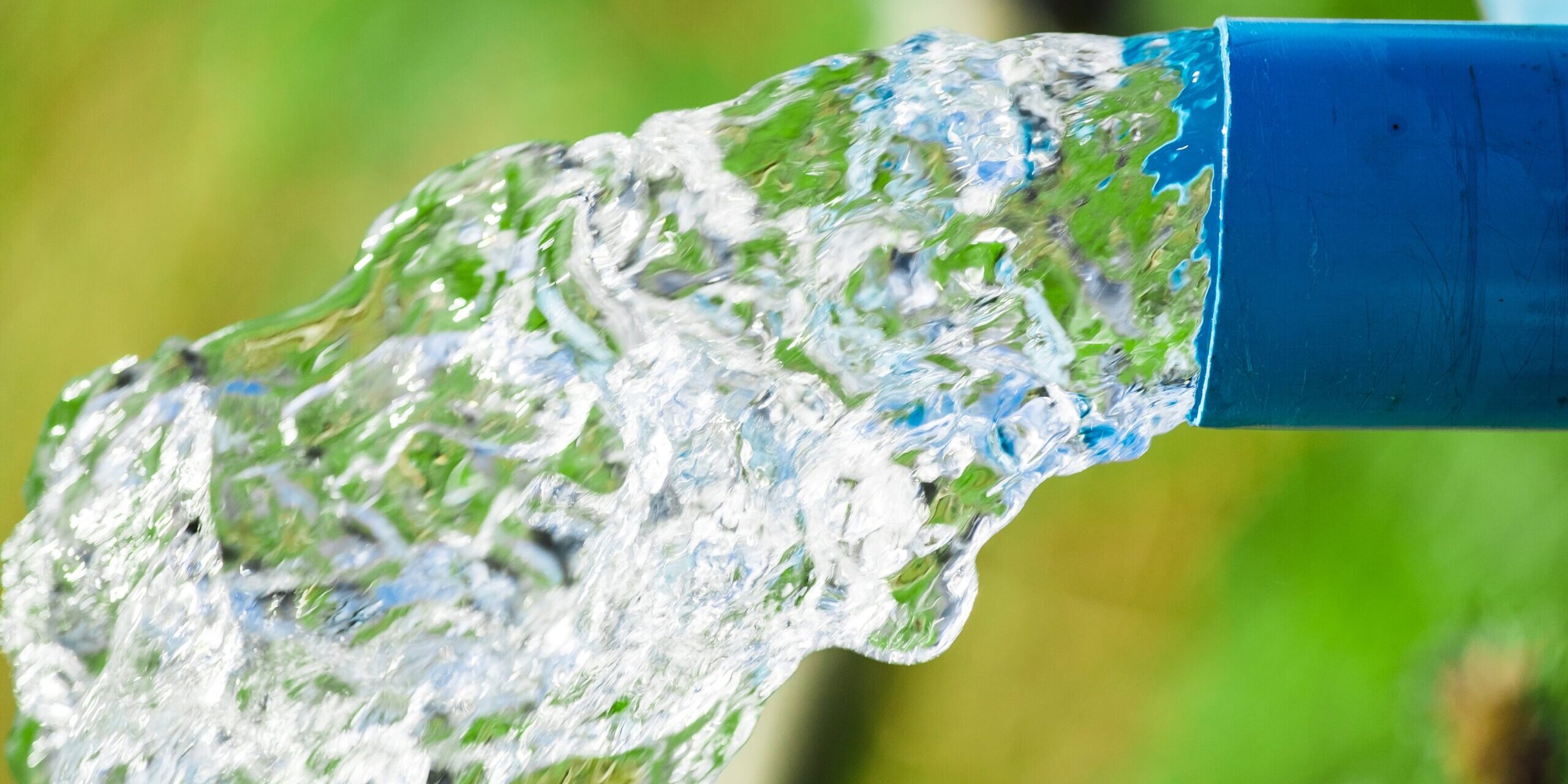As water stress become increasingly frequent across Australia and New Zealand, the importance of water conservation has never been more critical. Municipalities, councils, and water utilities are on the frontlines of managing this precious resource, often implementing water restrictions to safeguard supplies. However, the traditional methods used for water mains cleaning—such as air scouring, ice pigging, and flushing—present a paradox: they waste thousands of liters of water every time they are employed.
It’s time to rethink our approach to pipeline maintenance. With more environmentally responsible options available, like the NO-DES mains cleaning, utilities can significantly reduce water wastage while enhancing the longevity and efficiency of their infrastructure.
The Hidden Cost of Traditional Pipeline Cleaning Methods
Pipeline cleaning is essential to maintain water quality and ensure the efficiency of water distribution networks. Over time, sediments, biofilms, and other debris accumulate inside pipes, reducing flow efficiency and potentially compromising water quality. To combat this, asset owners have traditionally relied on methods like air scouring, ice pigging, and flushing.
- Air Scouring: This method involves injecting compressed air into water-filled pipes, creating a high-velocity mixture that scours the pipe walls, dislodging accumulated debris. However, it requires large amounts of water to be flushed through the system, leading to significant wastage.
- Ice Pigging: A more advanced technique, ice pigging uses an ice slurry to clean pipes. The ice conforms to the shape of the pipe, effectively removing debris. While more effective than air scouring, ice pigging still necessitates the discharge of significant quantities of water, not to mention the high cost and logistical complexity of the method.
- Flushing: Perhaps the most straightforward method, flushing involves forcing water through the pipes at high velocity to remove sediment. It is also the most wasteful, often discharging thousands of liters of treated water in the process.
While these methods are effective in cleaning pipelines, they all share a common drawback: they waste large amounts of water—an increasingly scarce and valuable resource.
NO-DES: A Sustainable Alternative
NO-DES offers a game-changing alternative to traditional pipeline cleaning methods. Unlike air scouring, ice pigging, or flushing, NO-DES recycles water within the system, eliminating the need to discharge it. This closed-loop system filters and recirculates the water as it cleans the pipes, ensuring that not a single drop is wasted.
Benefits of NO-DES
- Water Conservation: The most significant advantage of NO-DES is its water-saving capability. By recirculating and filtering water within the system, NO-DES eliminates the need for discharge, conserving thousands of liters of water each time it is used.
- No Service Interruptions: Traditional pipeline cleaning methods often require service interruptions, leaving customers without water for hours. NO-DES operates without disrupting water supply, ensuring continuous service to customers.
- Pipe Protection: The gentle, yet effective, cleaning process of NO-DES reduces the risk of pipe damage. Unlike high-pressure methods that can stress and potentially damage older infrastructure, NO-DES is non-invasive, preserving the integrity of the pipeline.
- Cost-Effectiveness: While ice pigging and other advanced cleaning methods come with a hefty price tag, NO-DES is a more economical option. Its ability to clean pipes without wasting water or causing service interruptions translates into significant cost savings for utilities.
- Environmental Responsibility: With the growing emphasis on sustainability, utilities are under increasing pressure to adopt environmentally friendly practices. NO-DES aligns perfectly with these goals, offering a green alternative that reduces water wastage and minimizes the environmental impact of pipeline maintenance.
- Chemical Free: No harmful chemicals are added to the water during the NO-DES process.
Protecting Our Water Resources for the Future
As stewards of one of our most vital resources, utilities, councils, and municipalities must prioritise water conservation in every aspect of their operations. While traditional water mains cleaning methods have served us well in the past, the current climate demands more sustainable practices. NO-DES represents a forward-thinking solution that not only meets the operational needs of water utilities but also aligns with the broader goal of water conservation.
By adopting NO-DES, utilities can play a crucial role in protecting our water resources, ensuring that every drop is used wisely. As we face an uncertain future with increasing water scarcity, the choice is clear: it’s time to embrace NO-DES and lead the way toward a more sustainable and resilient water management strategy.



